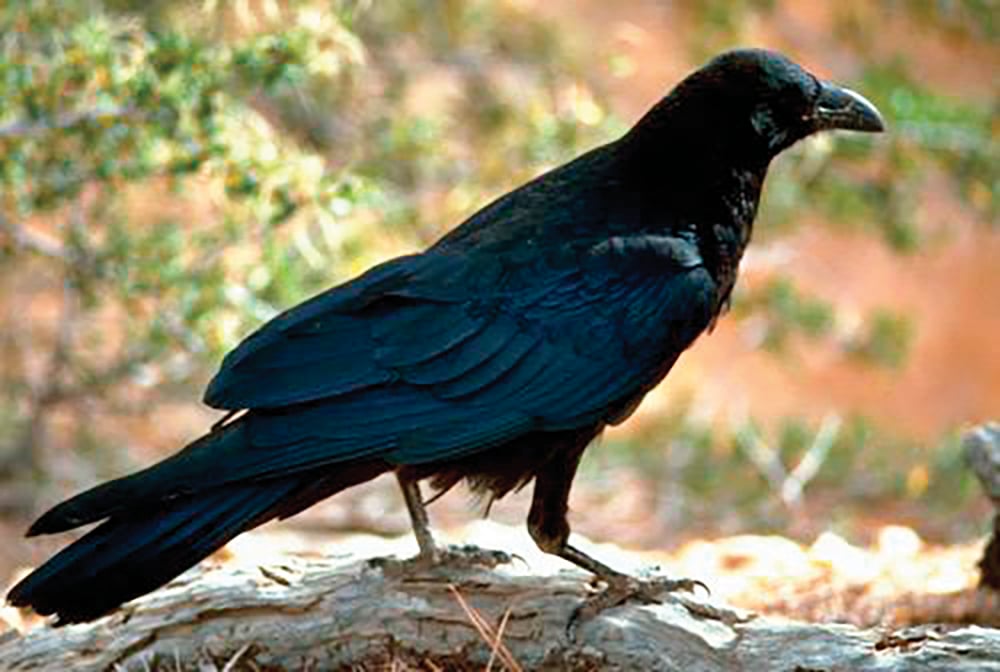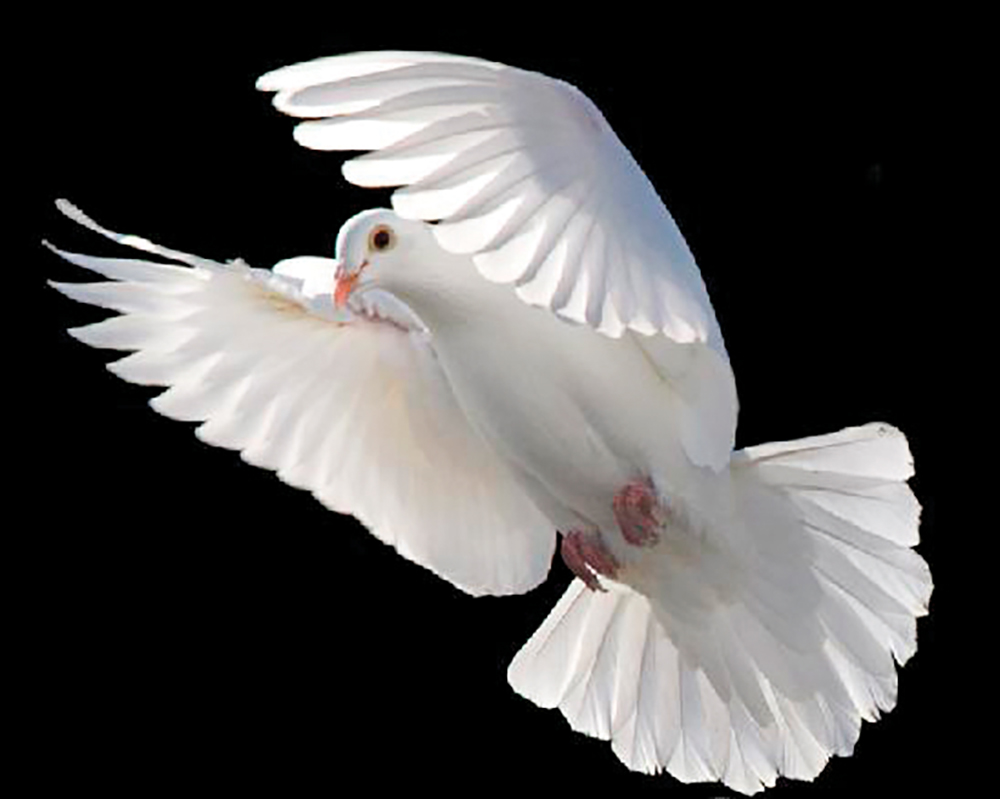
There is a business concept discussed in microeconomics called “opportunity cost,” which is defined as “money or benefits lost by not selecting a particular option during the decision-making process.” For example, a decision needs to be made whether to lease or purchase a vehicle, or whether cash should sit idle versus market investment. In our parsha we are confronted with a different dilemma: Why send the raven if the end result was to send the dove, and what can we learn from each of these unique and interesting birds?
Rav Shlomo Toperoff comments in his sefer “The Animal Kingdom in Jewish Thought” that orev, or raven, closely resembles the word “erev” (evening). By extension, this could also refer to arvit/ma’ariv, meaning “night” or “state of confusion.” Symbolic of din or judgment, the raven is black, as stated in Shir Hashirim, 5:11, “His locks are curled and black as a raven.” Predatory in nature, the solitary raven is cruel, steals food from other birds, mammals and dogs, is non-kosher, and feasts on meat.
Contrast these features with the dove, the second bird Noach dispatched from the Ark. White as snow symbolizing the day, the dove is docile in nature and possessing strong fidelity to its mate—by never leaving its side, and longing for its return when separated. In addition, the dove is a kosher bird worthy of sacrifice, does not steal food from other birds, and restricts its diet to sweet fruits, nuts and seeds.
Noach sent the raven to determine whether the earth was dry, but the raven refused to leave the vicinity of the ark and simply flew “to and fro,” as the verse states, “And he (Noach) sent forth the raven, and it went out, back and forth until the waters dried up off the earth.” (Genesis 8:7, Rashi). In addition to failing to heed instruction, the raven, according to BT Sanhedrin 108b, spoke disrespectfully to Noach.

Said the raven to Noach: “Your master [God] hates me and you [Noach] hate me. Your master [God] hates me for He instructed you to take into the ark seven of each species of the clean animals but only two of each species of the unclean animals. This indicates that God hates unclean animals. And you, too, hate me for when in need of a bird to send out on a dangerous mission, you leave the species of which there are seven and choose to send me—one of the species for which there are only two! If I die from heat or cold, will the result not be that the world will be missing one type of creature entirely? Or perhaps you want my wife as your own mate and you therefore wish to send me to my death.”
Noach was angered, and rightfully so, yet God tempered his reply as this particular bird was destined to one day serve the needs of Eliyahu Hanavi—and change the course of history.
The Maharal of Prague explains that when Eliyahu planned to strongly rebuke klal Yisroel for not following Torah and mitzvot, he toned down his rhetoric after observing the raven, normally a stubborn, mischievous bird, act in compassionate merciful manner through the incessant provisioning of food, while he remained hidden in a cave. As the verse states, ravens would bring him bread and meat in the morning, and bread and meat in the evening (I Kings 17:6).
Interestingly, Rabbainu Bachya explains that the letters comprising the word yiboshet—until the waters dried up off the earth (Bereishis 8:7), when inverted spell Tishbi, a fascinating link between the raven and Eliyahu Hatishbi.
When the raven changed its behavior to rachum v’chanun—mercy and grace from strict judgment, Eliyahu in turn changed his mode of speech to a softer tone, which successfully appealed to King Achav, and the Jewish people’s desire to repent.
What better creature to instruct us about opportunity cost than the mischievous raven?
Mordechai Plotsker runs a popular 10-minute nightly shiur on the parsha with a keen interest on the invigorating teachings of the Berditchever Rav, the Kedushas Levi. Shiurenjoyment.com.
Plotsker resides in Elizabeth with his wife and children, and can be reached by email at marc.plotsker@gmail.com.











